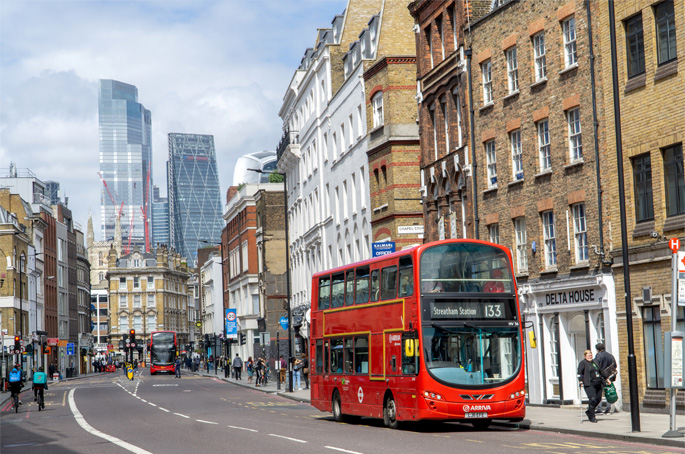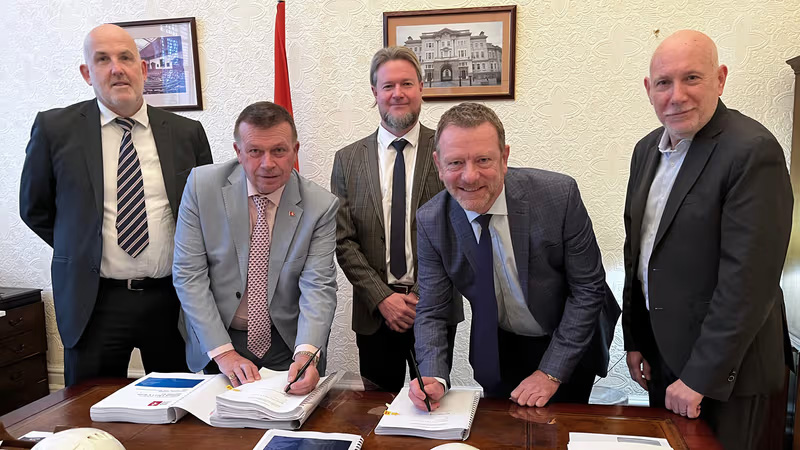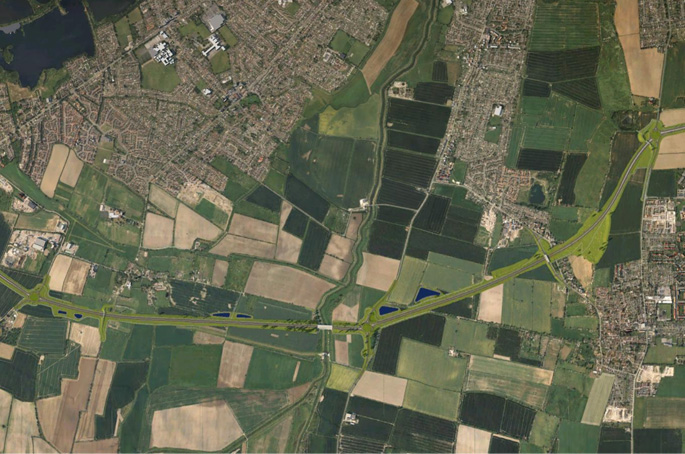The Core Highways Group has appointed Jason Pavey (pictured) as chief commercial officer after expanding its operations with a new central London office.
Mr Pavey is a chartered engineer with over 30 years of experience in the transport sector and was previously managing director of operations and maintenance (UK and Europe) for AtkinsRéalis.

He is also a member of the Highway Sector Council and has played an active role in supporting innovation and decarbonisation through the Department for Transport and the ADEPT ‘Live Labs' programme.
Mr Pavey said: 'I am really excited to join such a forward-thinking organisation. I've already seen first-hand how innovative and dedicated our teams are in bringing value added solutions to our customers, including the award winning Digital Care Initiative.'
Lizi Stewart, CEO of Core Highways said: 'Jason will join the board and executive team. His appointment further enhances our ability to combine our knowledge and expertise to support our customers across England and Wales.'
His appointment forms part of a wider restructure of Core Highways following the launch of its single brand earlier this year.
With over 1,300 staff and more than 1,000 directly employed operatives Core Highways is one of the largest temporary traffic management and barrier companies in the UK.
The new structure brings together 36 depots across five regions: North, Midlands, Wales, South West and South East alongside the company's major projects and barrier capabilities.
It's London office in Clerkenwell will act as a central location point, while the company's office in Torquay has become a shared services centre, alongside its hubs in Swansea, Garboldisham and Newport.
Latest figures show the company's revenue dipped slightly last year, however its carbon output to revenue intensity also reduced by around 17.6% during their last financial year.
In the 2021-2022 financial year, it had a revenue of £120m and a carbon output of 16,650 tCO2e. In 2022-2023, it had a revenue of £116m and 13,326 tCO2e.
A spokesman said the company had focused on reducing carbon through telematics in its fleet, which 'built on the optimisation of fleet utilisation, route planning, fuel consumption and reduced engine idling'.
'This enabled a 20% year-on-year reduction in fleet fuel for the financial year 2022-2023, thus avoiding over 3,300 tCO2e being emitted into the atmosphere,' he said.
































